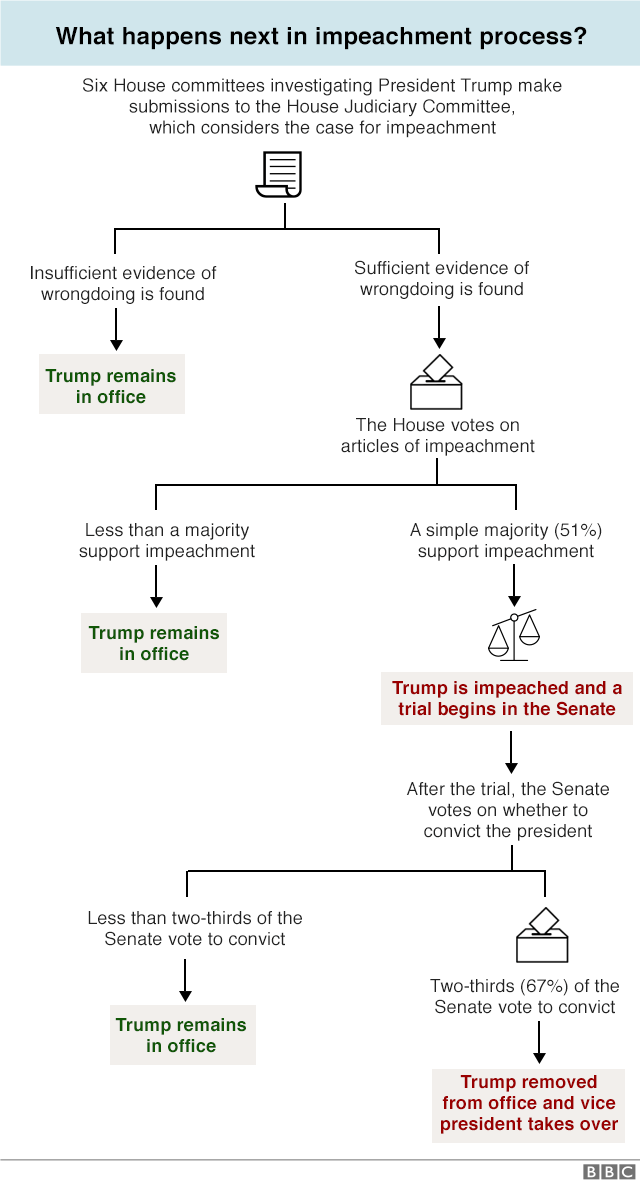Al Salam Palace Museum is one of the most important projects of the Al Diwan Al Amiri Al Salam Palace was originally designed and built in the 1950s as a residential palace for Sheikh Saad Al Abdullah Al Salem Al Sabah. In 1961, after Kuwait gained its independence, a state guest house was needed to host foreign delegations that began to visit Kuwait after becoming a member of the United Nations. Thus, Sheikh Abdullah Al Salem Al Sabah, Amir of Kuwait, transferred the Palace’s ownership to the State. Sheikh Jaber Al Ahmad Al Jaber Al Sabah, Minister of Finance at the time, was assigned to supervise the construction and furnishing.
The palace received its first visitor in 1964. Over the following 26 years, more than 166 emperors, kings, heads of states and many important political and diplomatic figures visited the Palace. During the Iraqi invasion of Kuwait in 1990 the Palace was destroyed, and its properties were looted. After 23 years, Al Diwan Al Amiri set a plan for refurbishment and renovation of Al Salam Palace, converting it into a museum that narrates 300 years of Kuwait’s history. This was based on a proposal submitted by the Historical Affairs and Museums Sector of Al Diwan Al Amiri, which was assigned the task of collecting the undocumented history of Kuwait from sources all over the world in addition to the design and implementation of the museum.
For opening times, location and more details. You have to book online. It is KD8 per person and only 12 years and up are allowed. It is only by guided tour. They have tours in English and Arabic and you have to book in advance. https://aspm.com.kw/


